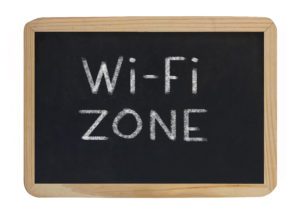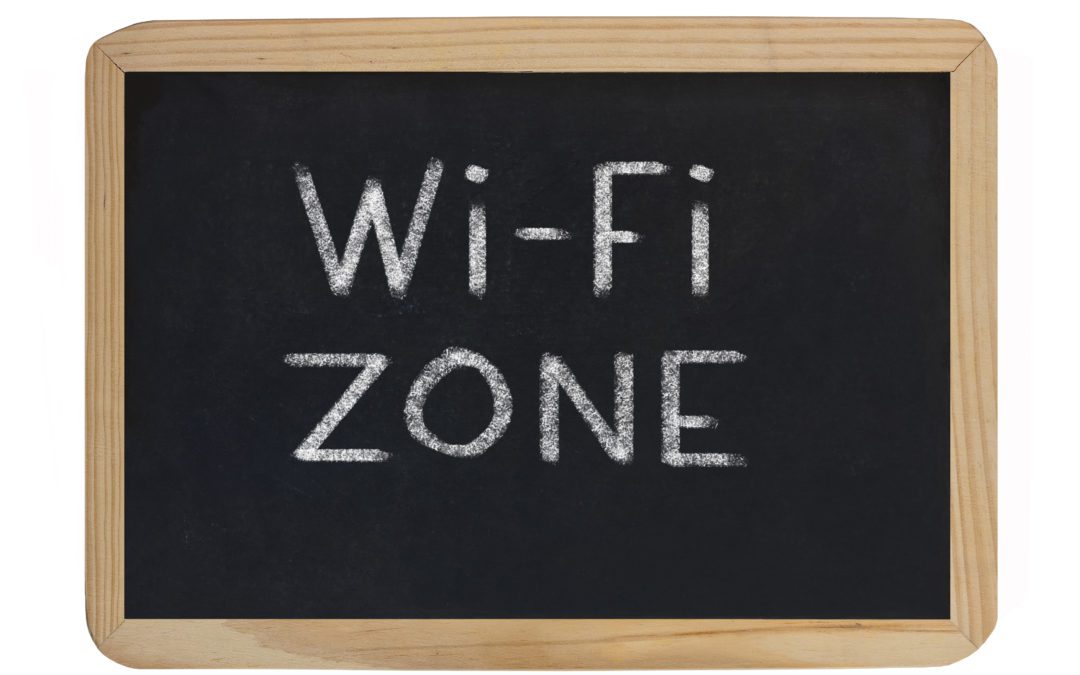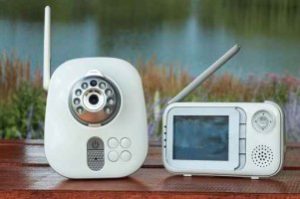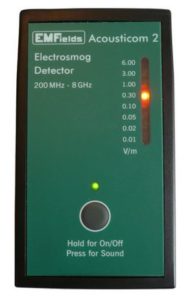 I came across this article recently dealing with the limiting of WiFi Radiation in the First Public School District in the U.S. I found it on the Environmental Health Trust web site http://ehtrust.org/. According to Environmental Health Trust, Ashland, Massachusetts Public Schools have implemented WiFi Device “Best Practices” which include turning the WiFi off when not in use and keeping devices on a table.
I came across this article recently dealing with the limiting of WiFi Radiation in the First Public School District in the U.S. I found it on the Environmental Health Trust web site http://ehtrust.org/. According to Environmental Health Trust, Ashland, Massachusetts Public Schools have implemented WiFi Device “Best Practices” which include turning the WiFi off when not in use and keeping devices on a table.Based on its own review of the matter, the Ashland Public School District is reducing wireless radiation exposures to children by instituting district wide “best practices for mobile devices”. Prompted by parent Cecelia Doucette’s concerns about the lack of safety data on WiFi and children, the district investigated the issue and developed a policy to substantially reduce wireless exposures to students and staff. Doucette not only brought the issue to the district’s attention, but then also worked with state legislatures who introduced two bills concerning electromagnetic radiation this session.
Since wireless devices are constantly emitting radiation even when the user is not using the Internet, the instruction to “turn it off when not in use ” stops the WiFi antennas from continuously emitting radiation and is one simple way to reduce the radiation dose and exposure time for children and staff.
The Ashland School district posted instructions for “Best Practices” in every classroom and include:
– Turn off the device when not in use
– Turn WiFi on only when needed
– Always place the mobile device on a solid surface – instead of your lap
– Viewing distance should be a minimum of 12 inches from the screen
– Specific product information guides are available through the IT department
– We ask that staff members regularly remind and instruct students in using best practices in regards to mobile devices
Ashland’s Best Practice of “keeping the device on a table” and no closer than a 12 inch viewing distance is critically important. Laptops and tablets have fine print warnings buried in their manuals specifically stating that the laptop should be at least 8 inches away from the user so that the user is not exposed to radiation levels that exceed as-tested FCC levels. If a device is used on a lap, as is common practice, the student could receive radiation levels far exceeding FCC limits. FCC limits are set to prevent the radiation from heating the brain and body but are not set to avoid chronic impacts on the developing nervous system or reproductive organs.
Many are unaware of FCC fine print advisories in the manuals of every wireless device confirming as-tested distances set to avoid heating. Cell phones, laptops and even baby monitors have these specific instructions in their product information guides. By referring to the product information guides, Ashland Public Schools are informing people about the need to keep a distance between the device and our bodies. As a public service, Environmental Health Trust (EHT) has compiled these fine print warnings on their website http://www.showthefineprint.org/.
It is important to note that even if users comply with these FCC recommended distances as stated in the device manual, accumulating research shows that biological damage can occur from wireless radiation levels far lower than these FCC levels. FCC limits are only set to protect people from heating harm and do not address non-thermal effects.
This ground breaking policy action by the Massachusetts school district is indicative of the wave of parents raising concerns about WiFi across the country. Ashland, Massachusetts parent Cecelia Doucette wrote an article in Ashland Local Town Pages about these new best practices. News and print media have picked the issue up after Massachusetts parents filed a lawsuit against a private boarding school alleging the school did not accommodate their 12-year-old child’s diagnosed debilitating sensitivity to the school’s WiFi system.
Ashland is the first US public school to create such policy on wireless transmitting devices. However, this US Massachusetts school district now joins dozens of schools and governments that have already implemented even more stringent measures to reduce wireless exposure to children. For example, Israel and France have banned WiFi in kindergarten. The European Union recommends wired Internet rather than wireless in schools.
“Right To Know” efforts by local governments are also moving across the United States. A judge just upheld Berkeley’s new “Cell Phone Right To Know” Ordinance which requires cell phone sellers to tell customers about these FCC radio frequency radiation distances.
Suffolk County in New York voted to label wireless routers in all public buildings including schools. The US United Federation of Teachers Union now hosts a webpage on how to reduce exposures to protect pregnant women, other staff members and students.
I would go even farther. With a cell phone, iPad, Tablet or Kindle, when reading make sure the Airplane mode is ON and WiFi & Bluetooth are OFF. Note: you won’t be able to receive any voice, text or data in this mode – but if you are reading you probably don’t want to be disturbed.
I would also recommend a survey of your home and office with a meter to make sure cordless phones or WiFi printers (just to name a couple) are not polluting your environment. The Acousticom 2 is a great meter to do this with. https://stopdirtyelectricity.com/wirelessrf/





